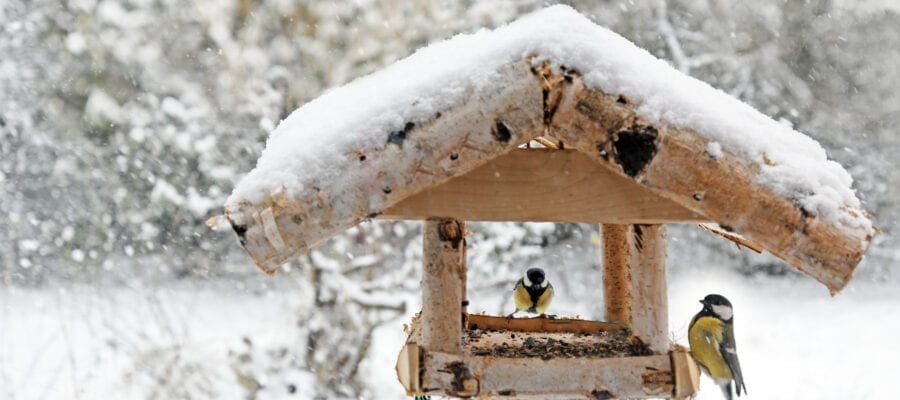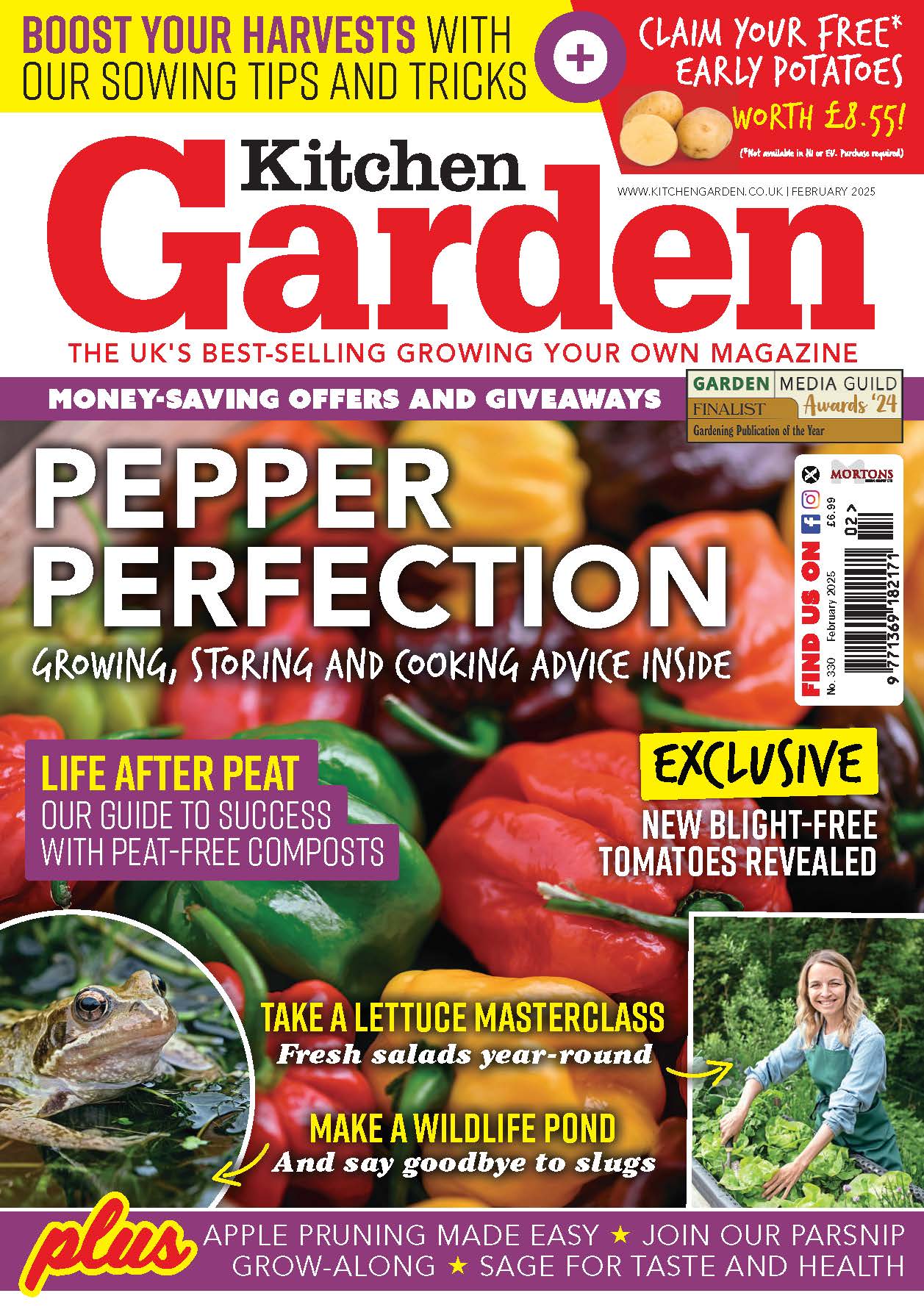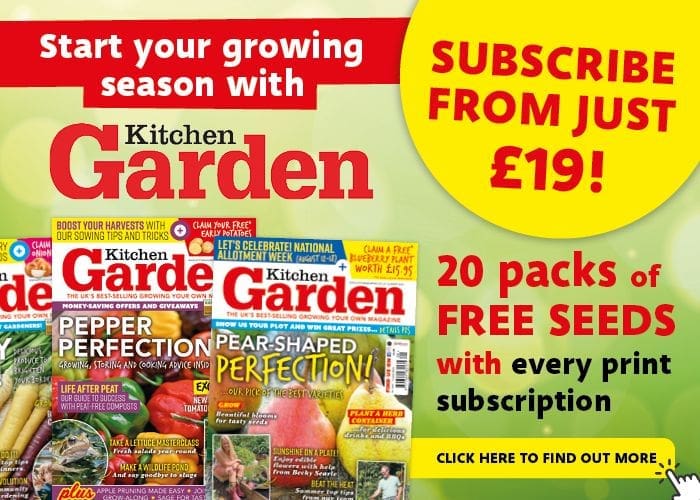The RSPB is urging people to feed the garden birds that have helped raise the public’s spirits over lockdown to help the birds pull through the cold weather snap.
With many parts of the country braced for more snow and icy temperatures this week, wildlife charity the RSPB is appealing to the public to take some easy ways to help our wild neighbours. Last month the RSPB saw a phenomenal response to its annual Big Garden Birdwatch – the biggest wildlife survey in the world.
The charity is currently processing submissions but has already noted incredible levels of participation.
People have until February 19 to submit their results and can do so online at rspb.org.uk/birdwatch
The RSPB is reminding people the Birdwatch may be over but cold nights and bitter winds mean garden birds will struggle for food and shelter.
Birds need more energy to stay warm this time of year and have less daylight to find food, while the countryside has been stripped bare of the food sources they rely upon.
Beccy Speight, chief executive of the RSPB said: “A big thankyou to everyone who has taken part – what an incredible response.
“We hope that for everyone who has taken part, especially those taking part for the first time, in the Birdwatch for the first time this year, it was not only fun but also ignited or strengthened their connection with the wildlife in their local area and what they can do to help it.
“Please do continue to send your results in. We can’t use all of the important data you’ve gathered unless you submit them to us.”
The RSPB says the key things birds will need this winter are food, water and shelter.
RSPB Wildlife Advisor, Charlotte Ambrose said: “During the warmer months birds feed on insects and seeds, but the cold weather means they move into our gardens to find refuge. You can make a real difference and improve their chances of survival, as well as being rewarded by great views of wildlife in your garden or outside space.”
Take it easy – kitchen scraps like mild grated cheese, bruised fruit (not mouldy), cooked rice, unsalted bits of hard fat, roast potatoes and dry porridge go down a treat with garden birds. You can provide an excellent full-fat winter food by making your own bird cakes or fat balls. The RSPB also suggests calorie-rich foods like mixed seed, sunflower seed, nyjer seed and good quality peanuts.
No thank you! There are some foods you should avoid as they can be dangerous for birds. Cooking fat from the roast mixes with meat juices during cooking to make a runny, greasy mixture. This sticks to feathers and stop them from being waterproof. Other foods to avoid are dried coconut, cooked porridge oats, milk, and mouldy or salted food.
Keep it fresh: Another essential is fresh water for drinking and bathing. Finding sources of water can be hard with freezing temperatures, but a simple trick will help keep a patch of water ice-free. Float a small ball, such as a ping-pong ball, on the surface of the water and even a light breeze will stop it from freezing over.
Plan your planting: Providing shelter from the harsh weather is extremely important. Plant dense hedges such as privet or hawthorn, or let ivy or holly to grow and you’ll be providing a great place to roost in and shelter from the elements.
Warm and cosy: Nestboxes are not just used over the summer egg-laying season – many birds will use them on a cold winter’s night. These boxes are frequently communal with many residents packing in together for extra warmth. The record number of birds found in one box is 63 wrens!





